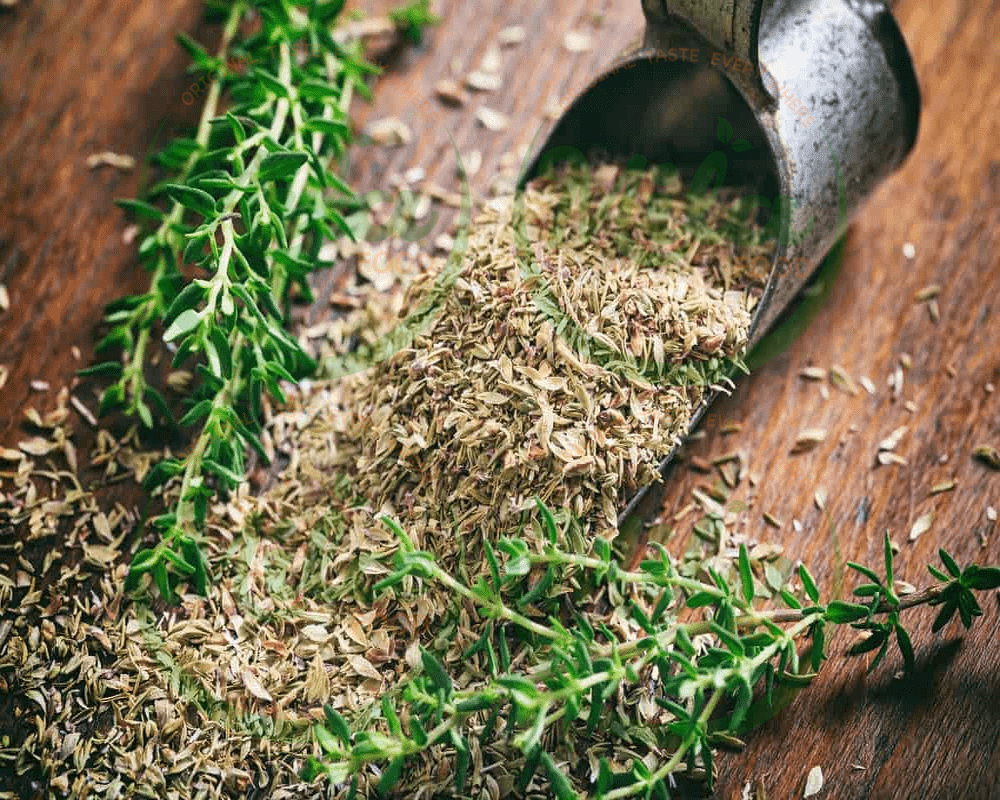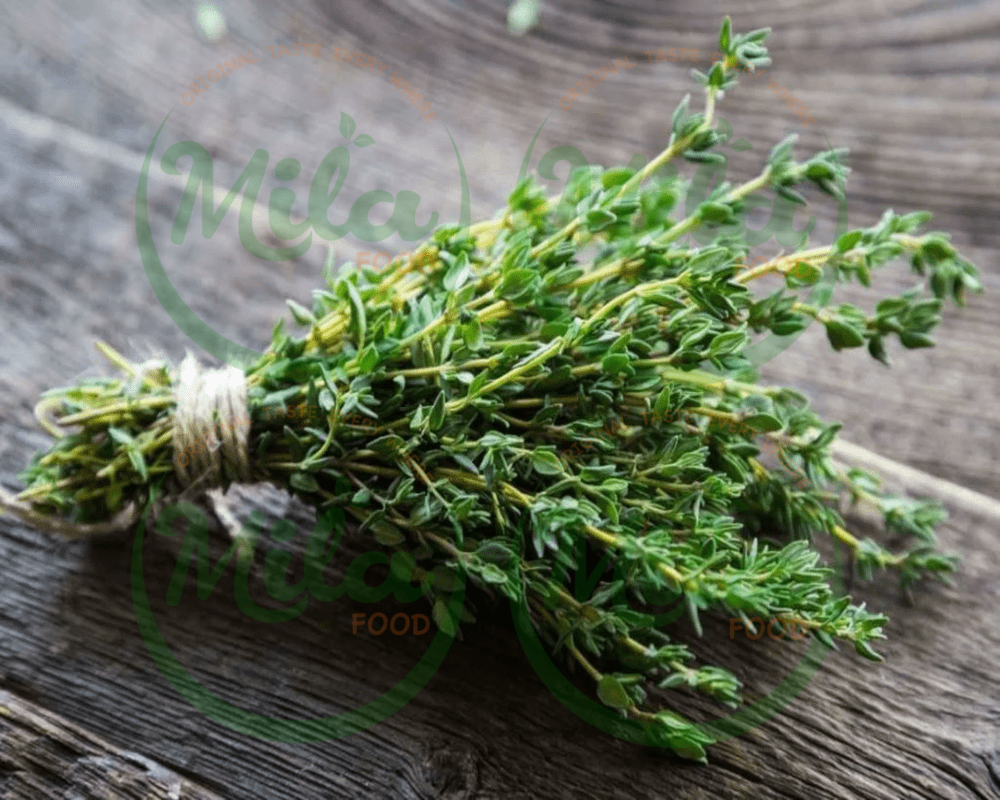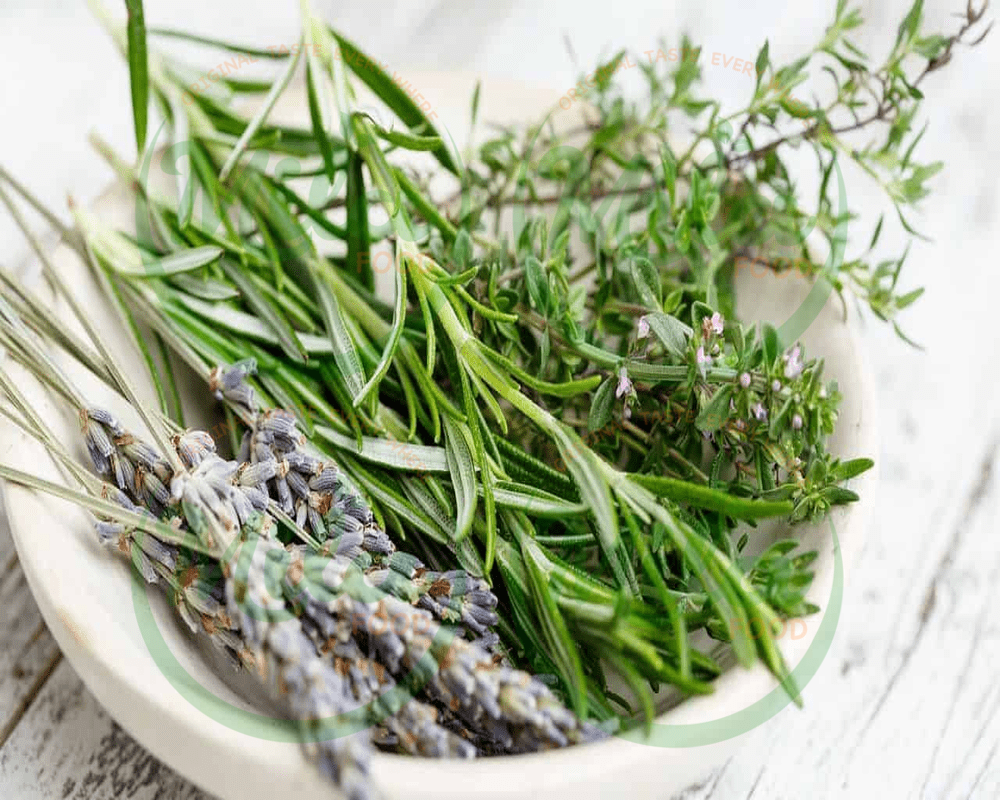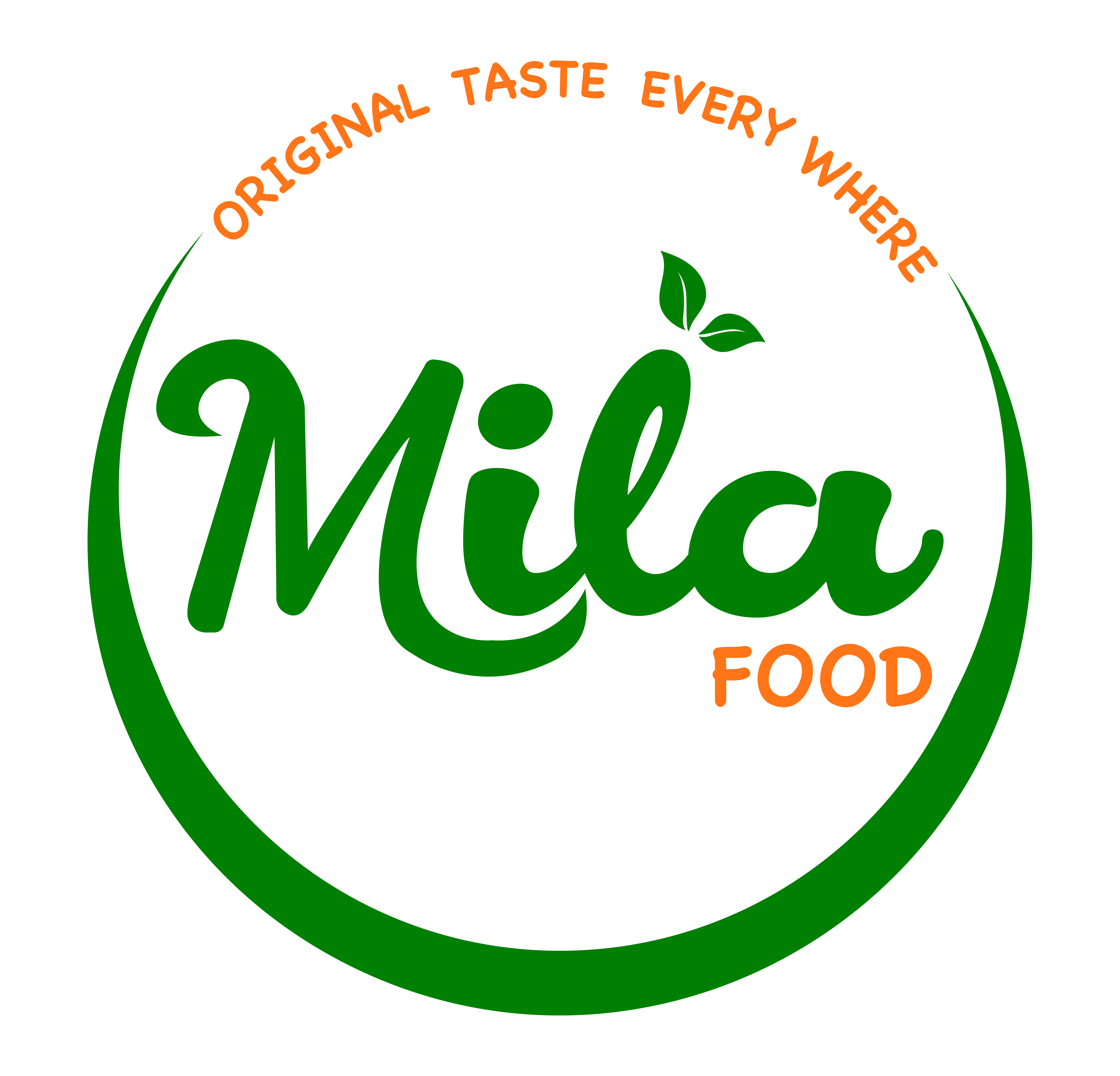


Egyptian Thyme, where delicate fragrance meets culinary sophistication. With its rich history and versatile flavor, Thyme has been a beloved herb in Egyptian cuisine for centuries, adding depth and character to a myriad of dishes. Join us as we embark on a journey to explore the captivating story, culinary uses, and nutritional benefits of this esteemed herb.
History and Origins: Egyptian Thyme, scientifically known as Thymus vulgaris, boasts a heritage steeped in ancient traditions. Originating in the Mediterranean region, Thyme has been cultivated and revered in Egypt since antiquity. References to Thyme can be found in ancient Egyptian texts and herbal remedies, highlighting its significance in culinary practices, religious rituals, and medicinal applications. Today, Egyptian Thyme continues to thrive in the fertile soil of the Nile Delta, embodying a legacy of culinary excellence and cultural heritage.
Appearance and Flavor Profile: Characterized by small, aromatic leaves and delicate pink or purple flowers, Egyptian Thyme exudes a warm, earthy aroma with hints of citrus and mint. Its flavor is robust and savory, with a subtle sweetness that adds depth and complexity to dishes. Whether used fresh or dried, Thyme adds a distinctive Mediterranean flair to soups, stews, sauces, and roasted meats, infusing them with its aromatic intensity and delicate flavor.
Culinary Uses and Applications: Egyptian Thyme is prized for its culinary versatility, imparting its bold flavor and aroma to a wide range of dishes. The leaves are commonly used as a seasoning for meats, poultry, fish, and vegetables, adding depth and complexity to savory creations. Thyme is also a key ingredient in Mediterranean classics such as ratatouille, grilled vegetables, and herb-infused oils, where it adds a fragrant accent to the flavor profile. Additionally, Thyme can be brewed into teas or used to flavor marinades, dressings, and condiments, offering endless possibilities for culinary creativity and experimentation.
Nutritional Benefits: Beyond its culinary charm, Egyptian Thyme offers an array of nutritional benefits. It is rich in vitamins and minerals, including vitamin C, vitamin A, iron, and manganese, which support immune function, vision health, and overall well-being. Additionally, Thyme contains potent antioxidants and antimicrobial compounds, such as thymol and carvacrol, which may help boost immune function, promote digestion, and protect against infections. Incorporating Egyptian Thyme into your diet not only enhances flavor but also provides a nourishing boost to your health and vitality.
Cultivation and Sustainability: Egyptian Thyme thrives in the sunny, temperate climate of Egypt, where it is cultivated using sustainable agricultural practices. Traditional farming methods ensure the preservation of soil fertility and biodiversity, allowing this cherished herb to flourish for generations to come. Whether grown in home gardens or on family farms, Egyptian Thyme reflects a deep respect for the land and a commitment to sustainable stewardship.

